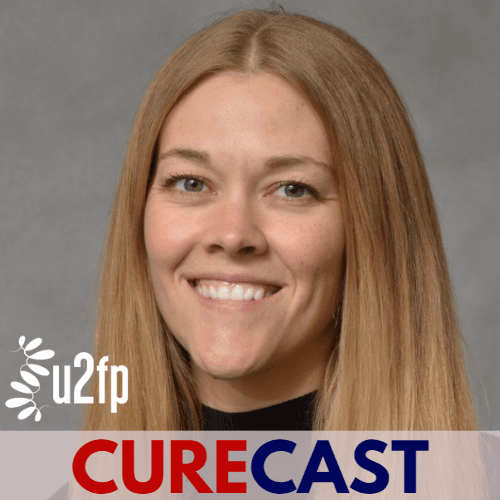Episode 69: Taking a Trip with SCI

Guest: Jessica Nielson, PhD
The research of psychedelics as a therapeutic for anxiety, depression, and PTSD has gained a lot of traction over the last decade. Given their potent effects on the nervous system, what are the unique benefits and possible side effects of psychedelics for the SCI population? And further, what is their potential to elicit functional recovery? If you ask the community, it doesn’t take long to find anecdotal evidence that the benefits go beyond just the psychological realm. Read Jim Harris’ account in Outside Magazine, as an example.
In this episode, Matthew and Jason speak with Jessica Nielson to explore the potential psychedelics may hold for the SCI community. Jessica is an SCI and Bioinformatics researcher at the University of Minnesota. She is also the Executive Director of Psychedelic Society of Minnesota. They discuss psychedelic research and where it could cross paths with spinal cord injury. They also discuss the hypothesized mechanism of psychedelics and whether they might or might not bring about some of the range of changes that SCI self-experimenters have reported.
Listen on: Spotify | Apple Podcasts | Soundcloud
Bumper music: Me and My Bones by Freaque (SCI musician)
Guest Bio
Jessica Nielson is a tenure-track Assistant Professor in the Department of Psychiatry & Behavioral Sciences, and Core Faculty in the Institute for Health Informatics at the University of Minnesota, and is the Executive Director of the Psychedelic Society of Minnesota. Jessica completed doctoral training in the lab of Dr. Oswald Steward at UC Irvine focusing on animal models of spinal cord injury, and did postdoctoral training with Dr. Adam Ferguson at UCSF, where she developed a preclinical database of SCI studies that seeded the Open Data Commons for SCI. During her time at UCSF, she began conducting research on the psychedelic tea, ayahuasca, to investigate whether it might be an alternative treatment for post-traumatic stress disorder (PTSD). She is currently conducting computational psychiatry research to identify more precise phenotypes of PTSD from large clinical data repositories, and is Principal Investigator of the first psilocybin clinical trial at the University of Minnesota. She is currently co-developing a new survey study around how people with SCI respond to psychedelics, to inform the community about risks and benefits to promote harm reduction as the hype around psychedelics reaches a broad range of patient populations interested in using psychedelics to alleviate suffering.


















